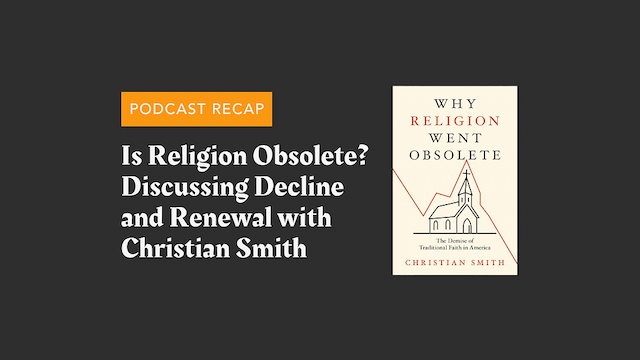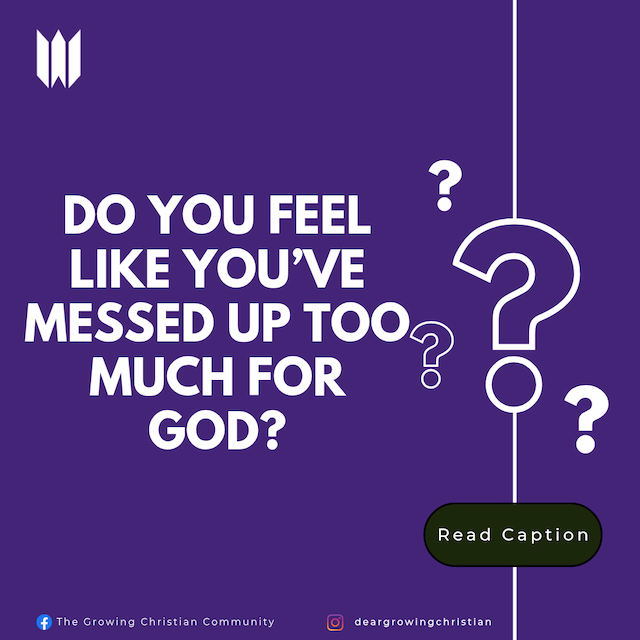Revelation Questions 3: Can You Lose Your Salvation?


Check out the So We Speak podcast on Apple Podcasts or Spotify.
Click here to access the recorded lessons.
What is the Second Death? (Revelation 2:11)
The first death is the physical death all human beings face. It is a separation from this physical world. However, we do not cease to exist.
The second death happens after our physical bodies die. Revelation 20:6 follows the tribulation, judgment, and into the millennium. Based on Revelation 20:6, 14, the second death is eternal separation from God, not just physical separation from our bodies. “Do not fear those who kill the body, but fear the one who can throw both body and soul into hell” (Matthew 10:28).
What Does it Mean to Eat Food Sacrificed to Idols? (Revelation 2:20)
Paul mentions food sacrificed to Idols in 1 Corinthians 8. When Paul mentions food being sacrificed to idols, he approaches it from two different perspectives.
In the pagan culture of the Corinthians, it was common for there to be meat sold in markets that had been sacrificed to idols. The individual buying the meat often did not know about the meat being used as a sacrifice.
Another way a pagan could eat meat sacrificed to idols was to buy it directly from the temple as part of a business or religious meeting. This included having a party and eating meat directly after it had been sacrificed to idols in the temple.
Finally, what is happening in Revelation 2:20 is that Jezebel was saying one could be a Christian and directly participate in the pagan culture and temple sacrifices.
Can My Name be Blotted Out of the Book of Life? (Revelation 3:5)
The Book of Life first shows up in Exodus 32. Moses begs God not to destroy Israel but to block Moses out of the Book of Life instead. God knows those who serve him. Daniel 12 also mentions the Book of Life as those who will be delivered.
In Luke 10 Jesus tells his disciples to rejoice their names are in the Book of Life rather than casting out demons. Revelation 21 refers to it as “The Lamb’s Book of Life.” The only way we have eternal life is through the Lamb’s sacrifice.
The “Book of Life” refers to those who have been reconciled to God through the death of Christ.
Can one be a Christ-follower and have their name blotted out?
This passage insinuates that one can have their name removed from the Book of Life. Matthew 10:22. Overall, the sense of the New Testament is that one can follow Christ and can fall away.
Why would one’s name be blotted out of the Book of Life? It’s not because of behavior. It is the condition of your heart – of following Christ. One can change their allegiance – which is why there are warnings about persevering to the end. As to the specifics, there are different views of how this works.
On the other hand, Revelation is written by John. The Gospel of John has a very robust theology of perseverance, especially in John 6 and 10, Jesus says that he will not lose one of whom the Father has given to him. The Spirit of Christ cannot un-create one he has made new.
Despite various theological positions, the message remains the same:
Trouble is coming.
Remain faithful to Christ even through trials.
When you conquer, you will have eternal life.
Brittany Proffitt lives in Dallas and is a writer and content manager for So We Speak.












